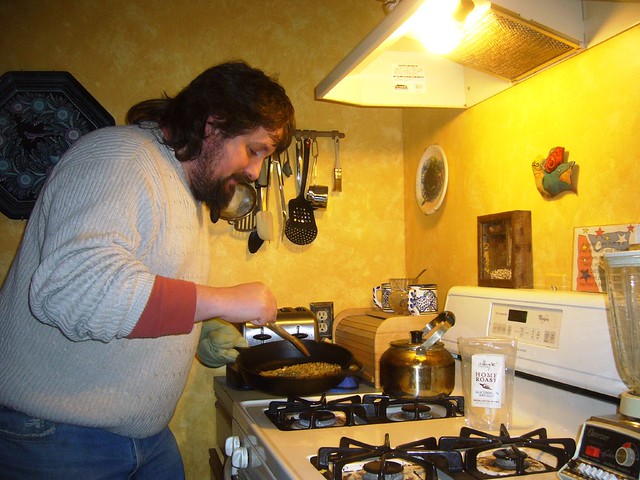I have long appreciated this graphic by the late, great Dr. Harm de Blij, who was perhaps the most prolific writer of geography texts of all time, and a friend of our geography department in Bridgewater. (For more, see our department's
remembrance page and a link to
all de Blij references on this blog for more about this remarkable geographer.)
Seen more broadly, geography is at the intersection between two areas of learning that are considered areas of critical need in education: STEM education and Global Education.
 |
At the intersection of STEM (Science, Technology, Engineering & Math) and
Global Education |
Geography in 3-4-5
It is fair to ask a bit more of geography. The fact that it seems to overlap with everything does not tell us what it
is. The lack of clear limits suggests it is not about anything at all, as a geologist colleague once told me. For him, most disciplines have a clear subject, such as rocks. In reality, even geology is not defined by the rocks themselves, but to a set of questions, theories and practices related to rocks. Climbing rocks and making granite countertops, for example, are not geology, nor is throwing rocks at passersby.
Geography can be understood, as a discipline concerned with
three questions,
four traditions, and
five themes. To wit:
3 Questions. Geography asks -- of just about anything -- Where is it? Why is it there? So what? We notice locations, patterns, and spatial relationships. Then we try to describe them, explain them, and apply them to problem-solving.
4 Traditions. Since the late 19th century, much of the work of academic geographers has fallen into several areas, identified in a famous speech to geography educators by William Pattison in 1960,
available here with his own 1990 words of reflection. A few generations of geographers have found it helpful to place our own work in one or more of his broad traditions: spatial, area studies, man-land (now known as human-environment), and earth science.
5 Themes. When we teach geography, we try to include several of five themes that tend to define geographic thinking: Location, Place (it is not the same as location), Human/Environmental Interaction (there's Pattison again), Movement, and Regions. Read this
NCGE Five Themes introduction to see what geographers mean when we use these terms.
Bouns: 18 Standards. If you have gotten this far and still want more details about geography is, please have a look at the
National Geography Frameworks -- 18 ways to demonstrate geographic competence. The 18 standards are identified online, and a published version details benchmarks at three different grade levels (4, 8, and 12). The guidance document is published by
National Geographic, based on its collaboration with three other major organizations --
the National Council for Geography Education, the
American Association of Geographers, and the
American Geographical Society. Together they inform our advice to curriculum committees and educational programs throughout the United States.
Advocacy. Geographers consider all of this pretty important for understanding the "real world" and our place within it. I have been working with colleagues in the Massachusetts Geographic Alliance and our allies in the Massachusetts Legislature to bring geography awareness to a wide audience and to return geographic education to a prominent place in the K12 curriculum. This advocacy work is considered so relevant to the Frameworks that a photo (taken by a BSU geography alumna) of a globe we brought to the State House is included at the beginning of both its print and online versions.














